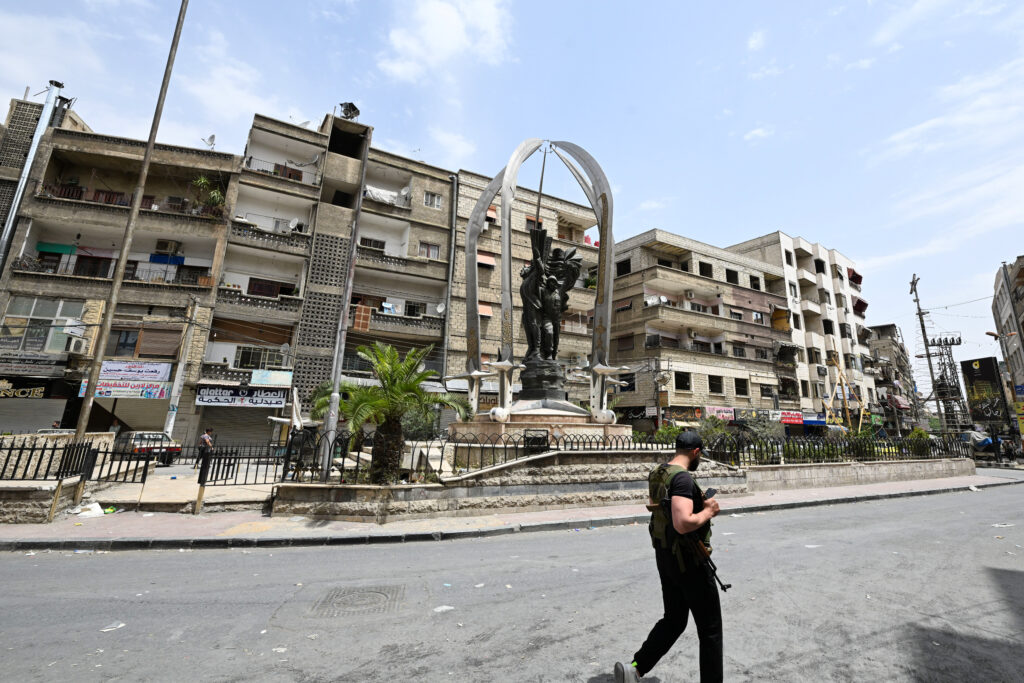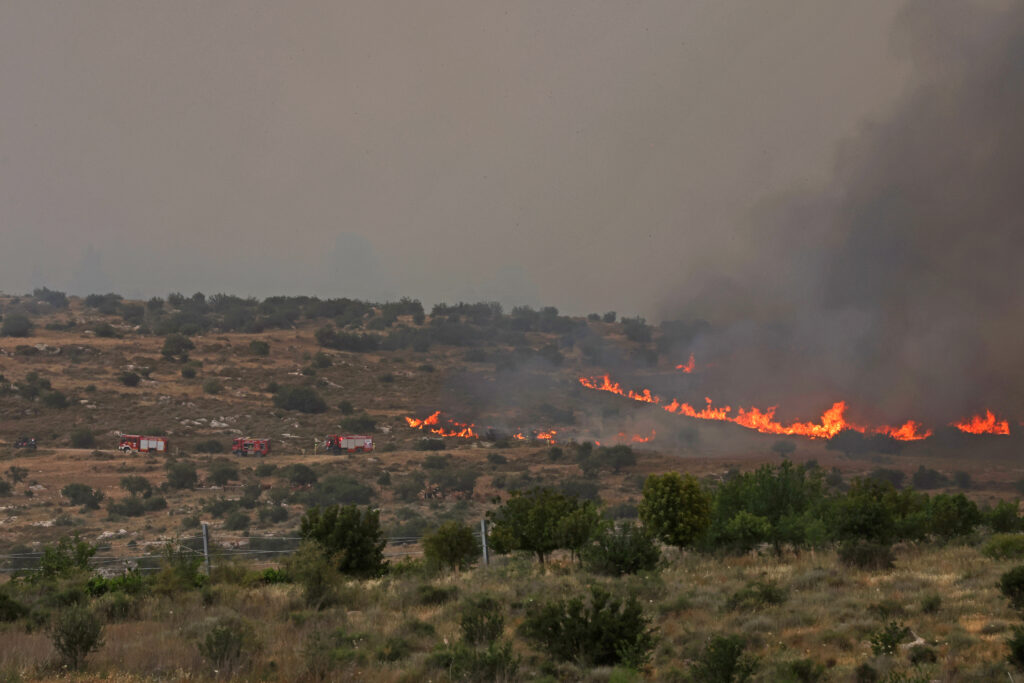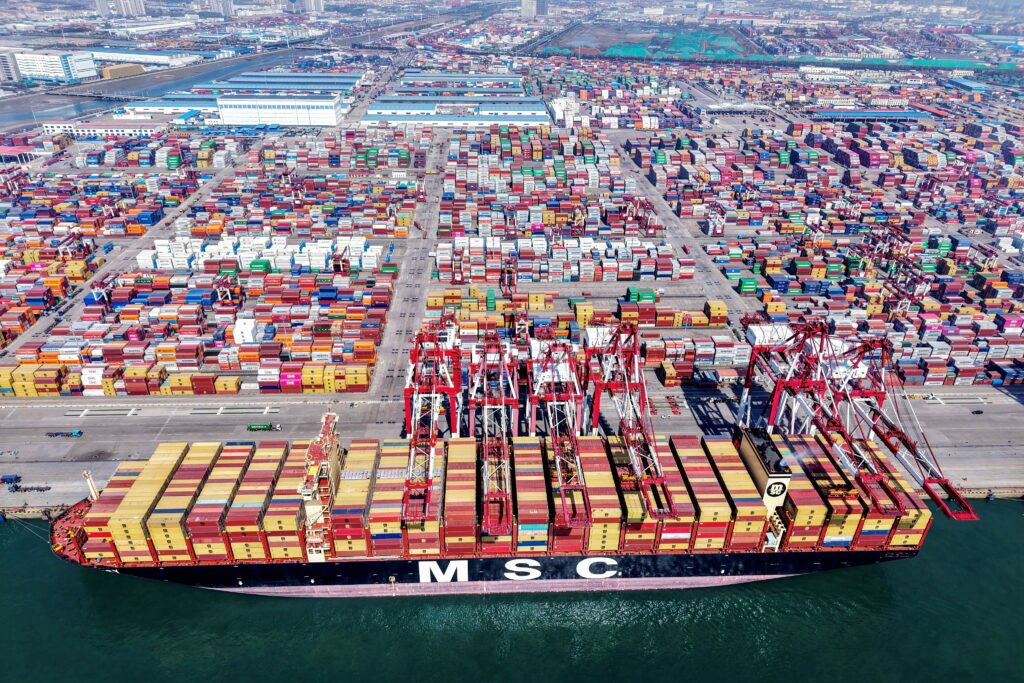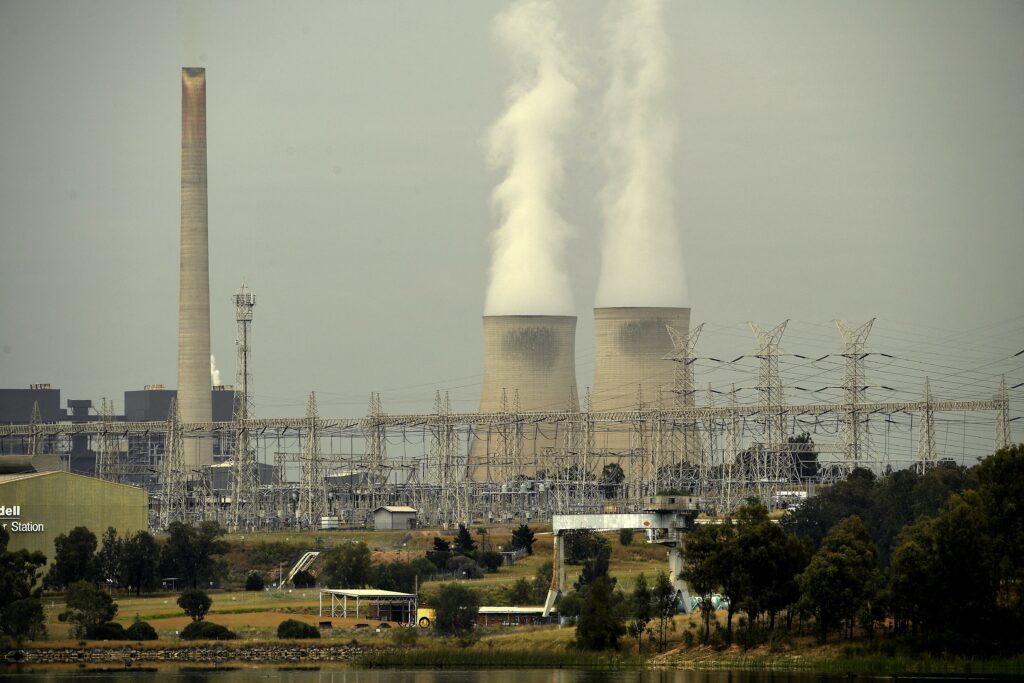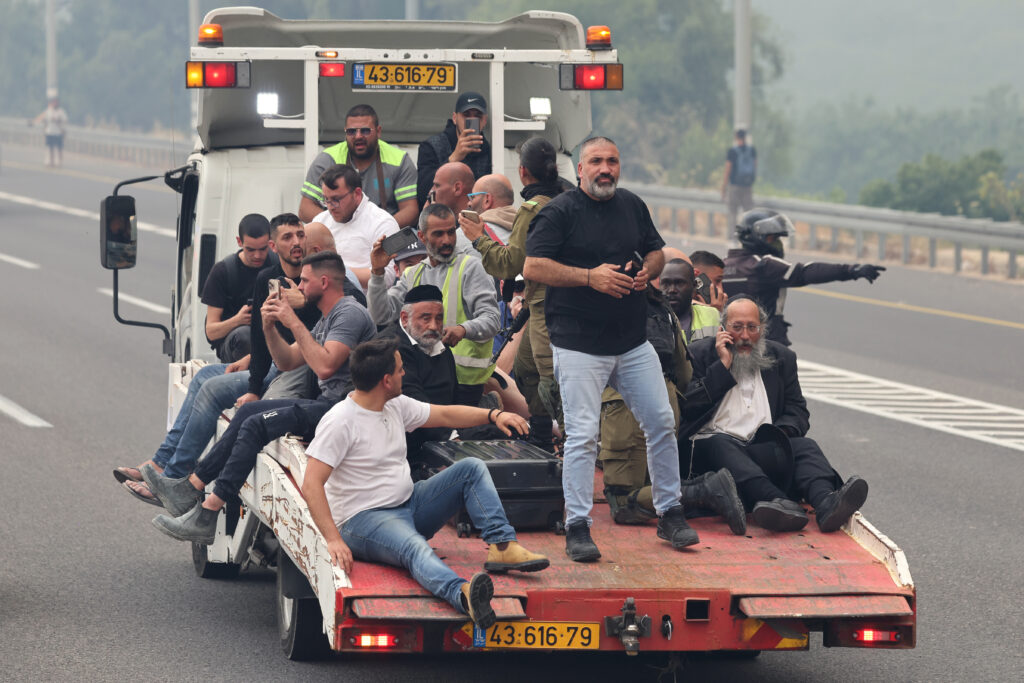Syria’s Druze take up arms to defend their town against Islamists
Syrian estate agent Fahd Haidar shuttered his business and got out his rifle to defend his hometown of Jaramana when it came under attack this week by Islamists loyal to the new government.Seven Druze fighters were among the 17 people killed in the Damascus suburb as clashes raged from Monday into Tuesday, the Syrian Observatory for Human Rights said.On Wednesday, the sectarian violence spread to the nearby town of Sahnaya, where 22 combatants were killed, the Britain-based war monitor said.Fourteen years after former ruler Bashar al-Assad’s bloody suppression of pro-democracy protests triggered a devastating civil war, Haidar said he feared a return to “chaos”, a slide into a “quagmire of grievances that will affect every Syrian”.He appealed to the new authorities, who took over after Assad’s ouster in December, to step back from the brink and find “radical solutions” to rein in “uncontrolled gangs” like those who attacked his mainly Druze and Christian hometown this week.In Jaramana, Druze leaders reached a deal with government representatives on Tuesday evening to put a halt to the fighting.On Wednesday morning, an AFP correspondent saw hundreds of armed Druze, some of them just boys, deployed across the town.- ‘War footing’ -Behind mounds of earth piled up as improvised defences, Druze fighters handed out weapons and ammunition. “For the past two days, the people of Jaramana have been on a war footing,” said local activist Rabii Mondher.”Everybody is scared — of war… of coming under siege, of a new assault and new martyrs.”Like many residents in the confessionally mixed town, Mondher said he hoped “peace will be restored… because we have no choice but to live together”.Mounir Baaker lost his nephew Riadh in this week’s clashes. “We don’t take an eye for an eye,” he said tearfully, as he received the condolences of friends and neighbours.”Jaramana is not used to this,” he went on, holding up a photograph of his slain nephew, who was among a number of young Druze men from the town who signed up to join the new security forces after Assad’s ouster.”We’re brought up to be tolerant, not to strike back and not to attack anyone, whoever they are,” he said. “But we defend ourselves if we are attacked.”
